29th November 2018
Sophie Lott: how the Forced Marriage Unit saves lives
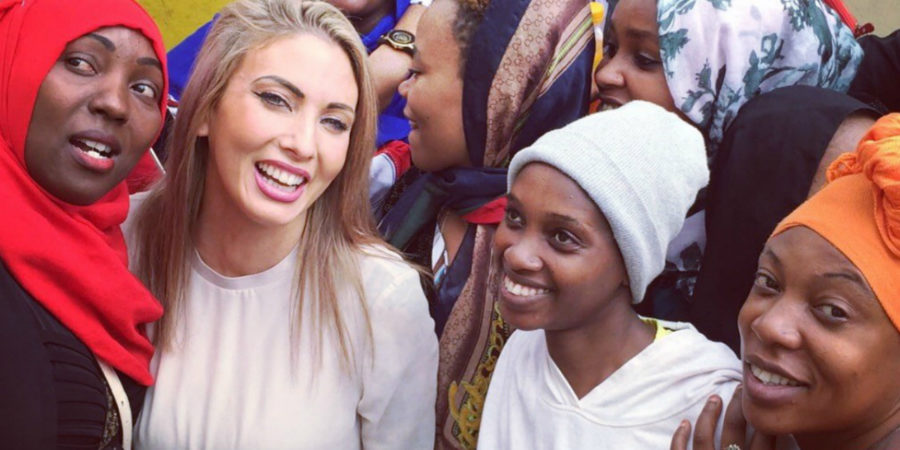
I have spent 7 years working in the joint Home Office and Foreign Office Forced Marriage Unit (FMU). As I walk into work, anticipating the type of calls I will handle today still brings a mixture of apprehension but also promise – knowing the unit, every day, has the potential to save lives.
During my time in the Unit I have noticed an increase in cases where British people are taken, to be married against their will, to places where it is difficult to assist for security or other reasons. Pakistan-focused cases still continue to make up the largest proportion of the work we do (38%). However during 2017 the number of cases in Somalia almost doubled, creating additional layers of complexity and concern.
/
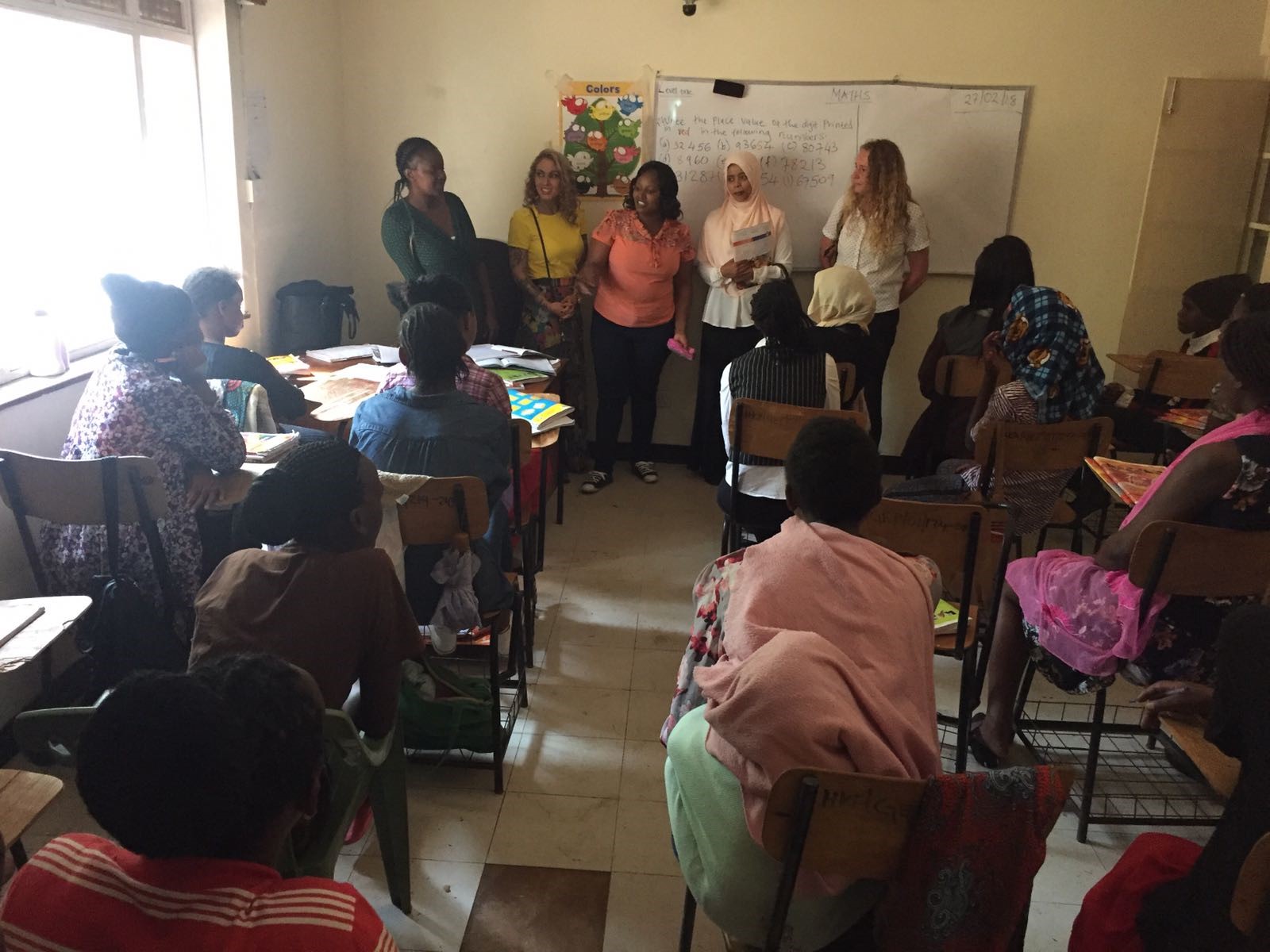
/
One of my highest risk cases in 2018 came from Somalia…
The tone of the voice at the end of the line told me how much was at stake. An anxious cousin, Amina*, called the FMU and told me Faduma*, a 16-year-old had been taken out to Somalia to be ‘educated’ (*not their real names). In reality Faduma was being beaten and abused at a ‘rehabilitation facility’ and had managed to message by phone asking for help. The family in Somalia told her that once she finished her ‘re-education’, she would be forced to marry her cousin’s friend, a man in his late 30s.
Amina was incredibly scared and was desperate, not only for help to be given to Faduma, but for her involvement not to be known. She hung up twice as family had entered the room, and as she had called on a withheld number I was anxious she may not call back. Thankfully Amina did call again, and I was able to get key details. I reassured her that she had done the right thing calling us. I stressed that we would not place her in a risky situation and agreed to text with code words as it was safest way to ‘talk’. Amina also gave me a number she had received the text from Faduma on.
I carefully texted the number, trying to get the right balance to ensure the person receiving the message knew I was genuine and was offering help. Anxiously I waited… the call came 7 hours later. Faduma was ok but desperate to get back to the UK. The guards at her school had been sexually abusing the girls, and she had also been beaten for not being able to read perfect Arabic. She was petrified she would die there.
/
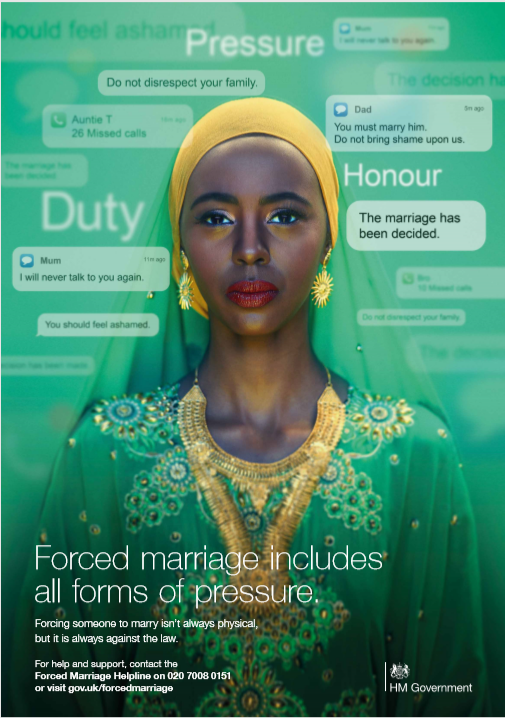
/
Over the course of a week I worked with police, social services and my in-country colleagues overseas to plan the safest way for her to be brought to the British High Commission in the neighbouring country of Kenya. The British Embassy in Mogadishu doesn’t provide consular services, so we advise British people in need of urgent help, like Faduma, to contact our High Commission in Nairobi. We could have obtained a Forced Marriage Protection Order (FMPO), but Faduma did not want this. We try to respect the wishes of victims whilst balancing the level of risk – it was an agreed backup, should all else fail.
Thankfully our plan worked and Faduma was brought to the High Commission. We successfully managed to help her independently of the family who brought her there. Whilst difficult discussions and security support were needed to manage their behaviour, we got Faduma to a safe house and, the following morning, onto a flight. We referred her to Southall Black Sisters who met her at Heathrow. Not only have they provided her with safe accommodation and emotional as well as practical support, they also obtained an FMPO so she remains protected even in the UK.
/
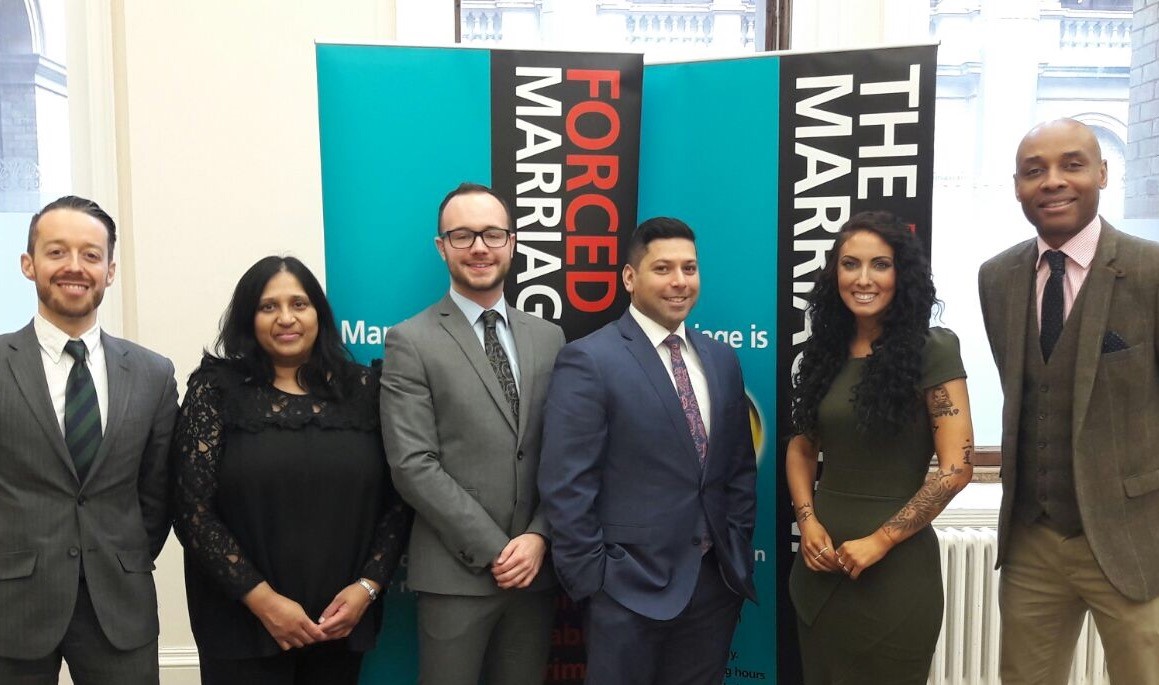
/
Each year, we help over 350 children, and 4 out of 5 of them are girls. They’re not only at risk of marriage but also of rape and enforced pregnancy. Sadly, whilst we see similar types of cases, each one is unique and I have always made it my personal mission to see that girl or boy get home safely.
After 7 years in the Forced Marriage Unit, and 4 years since my first blog about our work, the role has never felt like hard work. The real effort is made by the victims, who make that call, ask for our help and are willing to risk losing family ties in the process. In turn, working with amazing organisations like Southall Black Sisters, the Sharan Project, Karma Nirvana and Freedom Charity is crucial. Once victims are safely back in the UK, they have protection, support and encouragement to start over again, knowing they made the right choice to call the Forced Marriage Unit.
You can call the Forced Marriage Unit on 020 7008 0151.
/
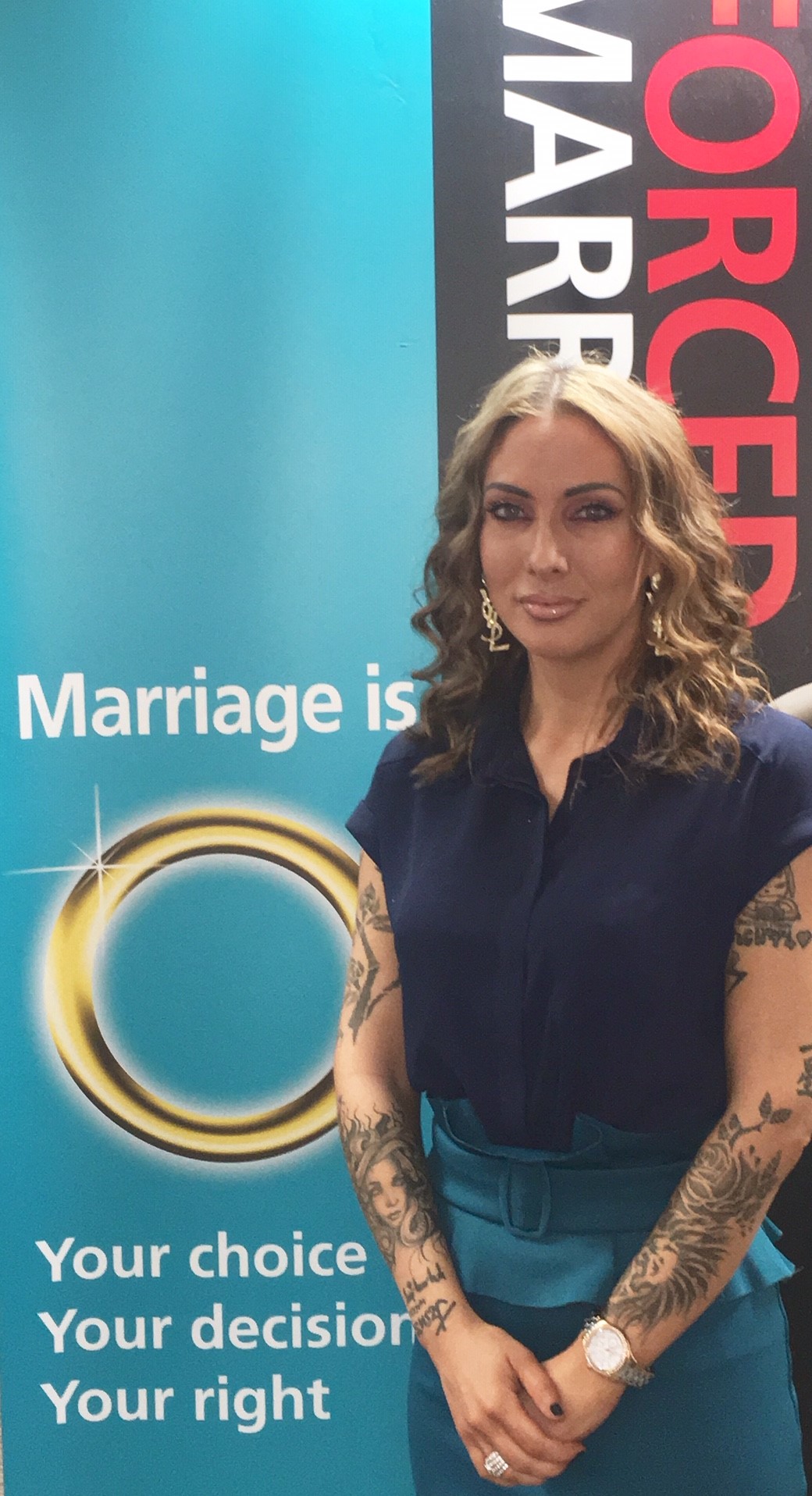
/
Find out more:
Sophie
You (and your colleagues, and groups like Southall Sisters) are amazing. I had very little idea of the kind of work you do until I watched “Inside the Foreign Office” on Wednesday night.
I was completely gripped by this case in Iraq, but was also struck by how articulate, passionate and professional you are. I hope this programme helps your work to come to the attention of the wider public and I wish you every success in your career. You are an asset to this country. Well done.